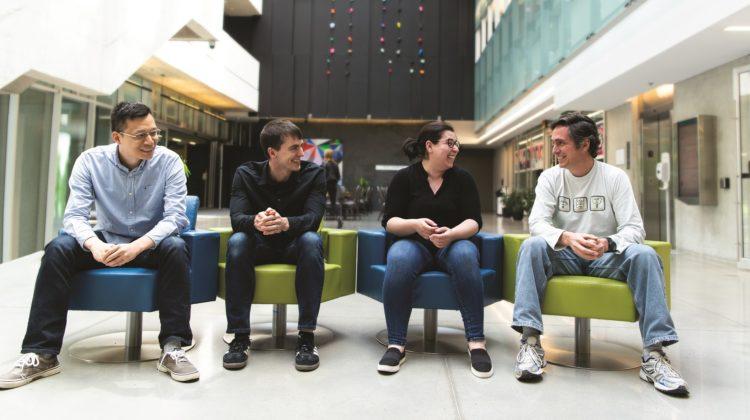The next big (small) thing in particle physics?
Enormous accelerators have led to many important discoveries, but the next wave of breakthroughs could come from table-top experiments, writes Savas Dimopoulos in Scientific American.

The Large Hadron Collider (LHC) is a monumental achievement of science: a 27-kilometre particle accelerator that, among other advances, enabled the discovery of the Higgs boson half a century after it was predicted by theory.
“Without question, the LHC is the signature scientific machine for particle physics of my generation,” writes Savas Dimopolous, a Stanford University professor and Distinguished Visiting Research Chair at Perimeter Institute, in a Scientific American column published this week.
“But there is a problem,” he continues. “The LHC is reaching its energy limits, and it will take roughly 30 years to build the next great collider. That number is conservative, given the enormous complexities and costs involved. It also happens to be the approximate lifespan of an academic career.”
In the column, Dimopoulos argues that the current generation of young particle physicists needs to come up with new ways to probe nature’s building blocks without the use of enormous colliders.
Some of the brightest young minds in the field, he writes, are devising ways to move particle physics experimentation from the very big to the quite small – small enough to fit on a table-top.
Among those leading this charge is Perimeter’s Asimina Arvanitaki, who recently shared the prestigious New Horizons in Physics Prize with peers Peter Graham of Stanford and Surjeet Rajendran of UC Berkeley.
You can read the Dimopoulos’ whole column at the Scientific American website.





















































































